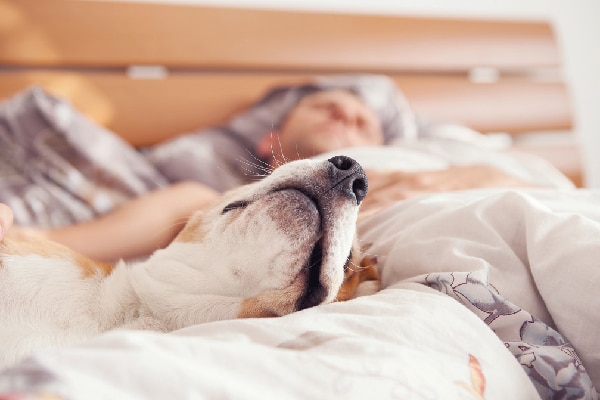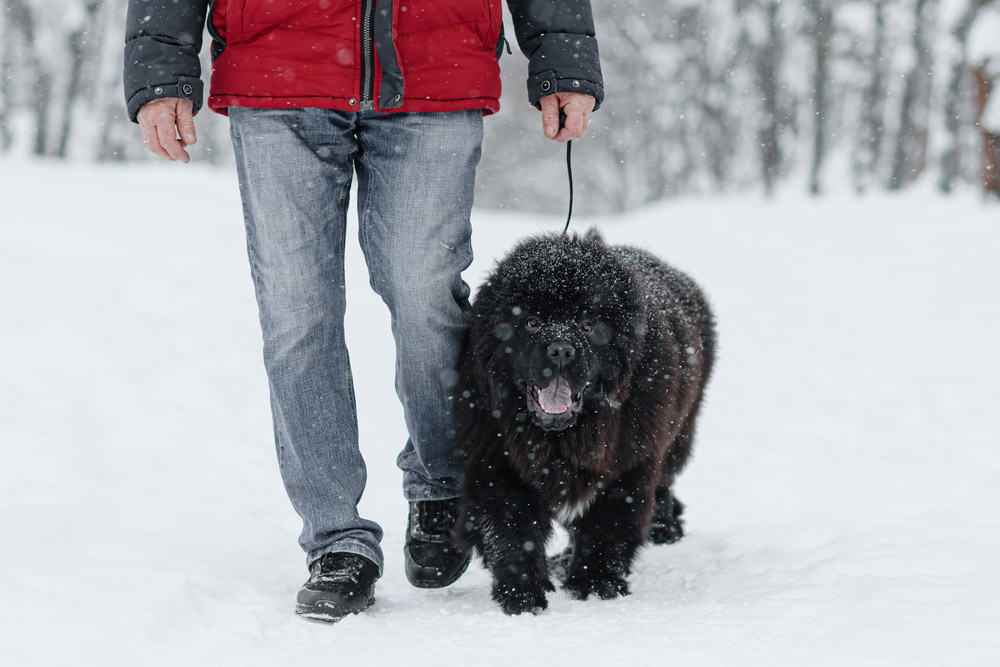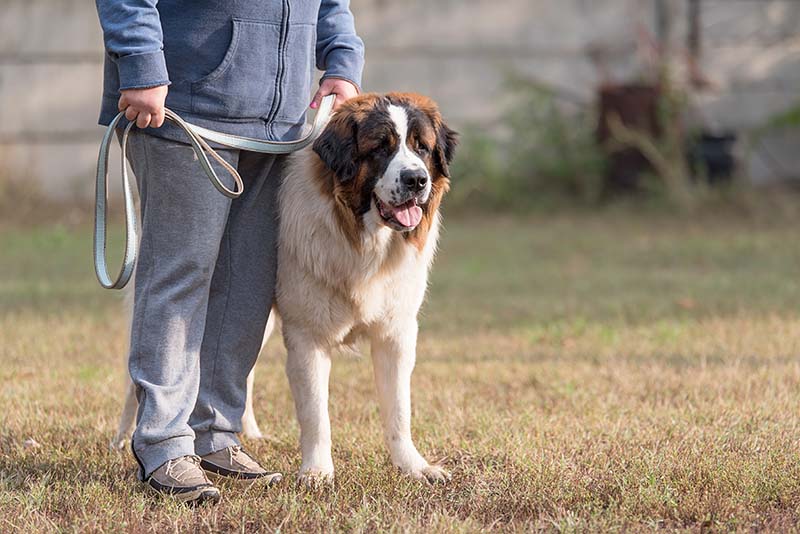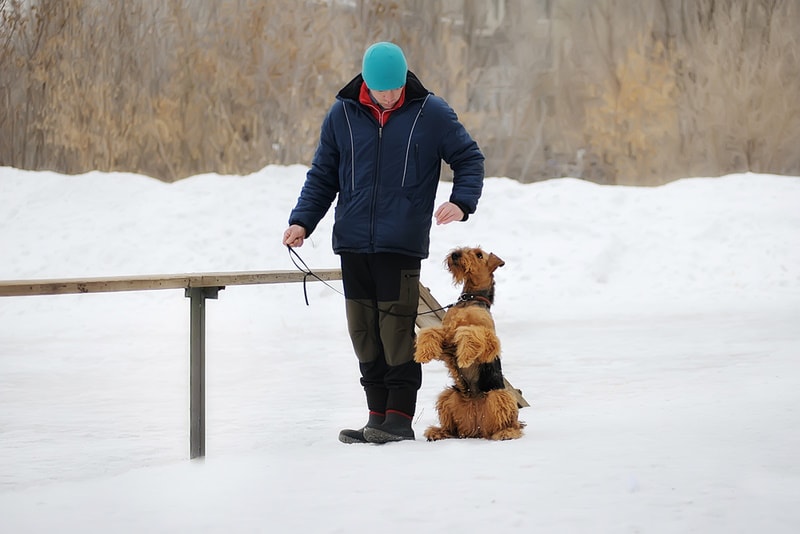Is your dog barking at night? Is a dog barking at night normal — or something to worry about? Anyone who has ever had a puppy knows what it’s like to have sleepless nights. It’s inevitable that some puppies, to begin with, have a hard time adjusting to a new home and vocalize their discomfort and loneliness, particularly at night. While this is a very normal behavior in young pups, it is less common to hear an adult or senior dog barking at night, especially if the behavior starts without any known trigger.
When a puppy is with his mom and siblings, his basic needs for food, warmth and comfort are met. He can choose when to eat, eliminate and play, but everything changes when he comes to you. Regardless of how welcoming you make his new home, the transition can sometimes cause anxiety and confusion and is one of the main reasons for a dog barking at night.
How do you help a dog barking at night — if that dog is a puppy?

New puppy parents are often told to ignore their pup’s whining and only give attention when their puppy is quiet. While this technique can be successful in some cases, the potential for fallout is great. There is not much research on the effects of controlled crying in puppies, but there have been numerous studies in human infants.
Controlled crying involves leaving an infant to cry for increasingly longer periods of time before providing comfort. The period of time, rather than the infant’s distress level, is used to determine when to go to the infant or toddler. The aim of controlled crying is to teach babies to settle themselves to sleep and to stop them from crying or calling out during the night.
According to the Australian Association for Infant Mental Health, controlled crying is a “signal of distress or discomfort from an infant or young child to let the caregiver know that they need help. From an evolutionary perspective, crying promotes proximity to the primary caregiver, in the interest of survival and the development of social bonds.” While some research suggests that controlled crying works, other studies demonstrate that this process can actually raise cortisol levels in the infant’s brain, and too much stress can be harmful.
Holding and soothing a baby helps give a sense of security and creates secure bonds. To deny an infant reassurance during these times can be distressing and may have a negative psychological impact.
Because puppies are similar to young babies in terms of brain development, it stands to reason that holding and soothing the puppy when he cries will help him feel safe and secure. Studies have shown that giving a puppy these basic needs leads to greater independence, exploration and more confidence when left alone.
Prevent a dog barking at night by having your dog sleep with you

Social sleeping helps facilitate the development of strong bonds, and many dog caretakers have their dogs sleep in bed with them.
If you’d rather not share your bed with Fido, put his crate or bed next to yours so he feels comfortable and safe. Add a warm, cuddly toy in your puppy’s bed so he has something to snuggle up to just as he did when he was with his littermates.
If your puppy continues to cry, he could be hungry, needs to toilet or has some medical issue that needs to be addressed.
How do you help a dog barking at night — if that dog is an adult or senior dog?

If we’re talking about a dog barking at night who’s an adult or senior dog, this could be because he is nervous, doesn’t feel well, is having problems with his wake and sleep cycle or is responding to a noise he hears in his environment. Senior dogs suffering from Canine Cognitive Dysfunction, or doggie dementia, often have disturbed sleep cycles and become restless and vocal at night. If your dog is experiencing any unusual behaviors, take him to the veterinarian before you seek help from a veterinary behaviorist or certified positive trainer.
Some final thoughts on what to do about a dog barking at night
Exercise and mental enrichment can significantly decrease a dog barking at night, as well as giving your dog plenty of opportunities to toilet throughout the day. Never use punishment or intimidation to stop your dog from expressing himself, as this will just serve to increase anxiety and make the behavior worse.
The key to reducing nighttime vocalizations is to make sure all your dog’s wants and needs are being met, regardless of why the behavior is occurring. A dog who is tired and fulfilled from positive enrichment activities throughout the day is more likely to sleep through the night.
Tell us: Have you ever dealt with a dog barking at night? What was at play?
Read more about dog training on Dogster.com:
- How to Teach Your Dog to Fetch
- What Do Raised Hackles — or a Dog’s Hair Standing Up — Mean?
- Dog Zoomies: Why They Happen and What to Do
Featured Image Credit: Photography ©cmannphoto | Getty Images.









